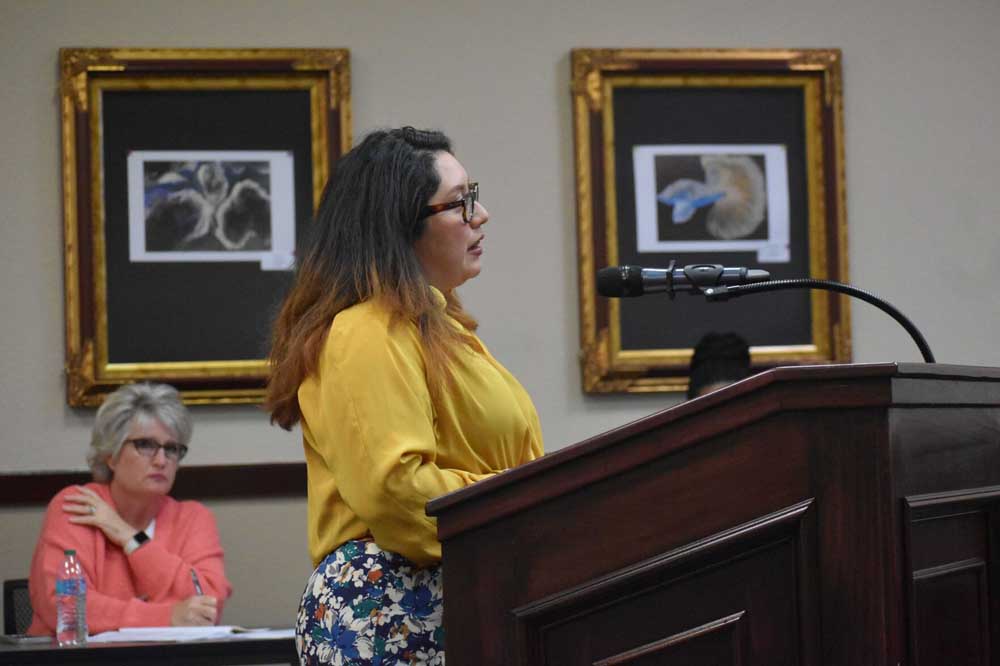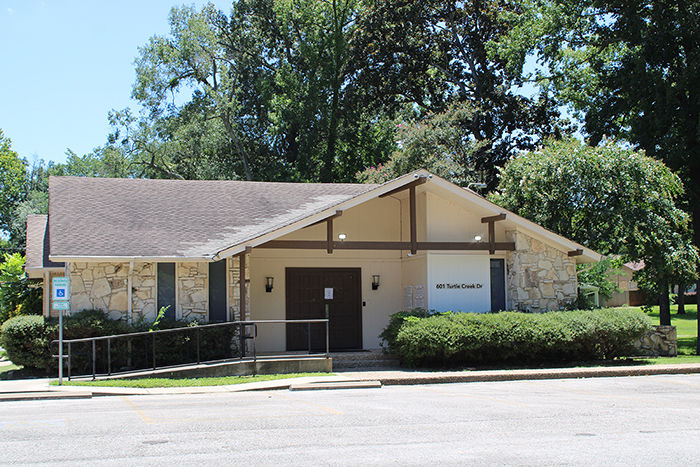No, terror is not caused by poverty
Published 7:51 pm Sunday, February 22, 2015
The Obama administration’s latest take on terrorism is disturbing not merely because it’s provably untrue, but because it portrays the wrong people as victims.
Last week, State Department spokesperson Marie Harf got some heat for her comments on terrorism.
Trending
“We cannot kill our way out of this war,” she said. “We need in the medium to longer term to go after the root causes that lead people to join these groups, whether it’s a lack of opportunity for jobs.”
Later, following a summit on “violent extremism,” President Obama doubled down on the claim that terrorists kill because they can’t find jobs.
“We do have to address the grievances that terrorists exploit including economic grievances,” he said.
First, like most “root cause” arguments, this is simply a fallacy of distraction. It’s an attempt to change the subject from people killing other people — brutally — to “economic injustice.”
That’s not to say that poverty isn’t a big problem in the Middle East and Africa, where we’re now seeing terrorists flourishing.
But America’s ability to address poverty there is very, very limited. Kleptocrats run most of those countries, and foreign aid is routinely diverted, wasted or outright stolen. Even in the fabulously wealthy Arab oil states, poverty is wielded as a political tool. It’s a cudgel used to beat back any threat of political change.
Trending
And the Obama administration has proven itself unable to create jobs here — so how does it propose to create jobs and economic opportunity in other countries?
Second, Harf’s statements are provably false. Even the left-leaning Slate magazine calls her out on this.
“The idea of terrorists as desperate young men lacking in economic opportunity is not borne out by empirical evidence,” Slate pointed out. “A well-known 2002 paper by economists Alan Krueger (later an assistant secretary of the Treasury in the Obama administration) and Jitka Maleckova found that support for violence among Palestinians in the West Bank and Gaza was not any higher among those with lower living standards or levels of education. In Lebanon, participation in Hezbollah was actually associated with higher living standards and levels of education.”
A similar study from Harvard found that “terrorist risk is not significantly higher for poorer countries.”
And because the poor are more likely to find themselves victimized by terrorists, they’re often the most opposed to terrorism, yet another study found.
When Harf defended her statements later in the week, she rightly pointed out that President George W. Bush often said the same thing. After the 2001 attacks, he said, “We fight against poverty because hope is an answer to terror.”
But it’s not a complete answer to terror. Sometimes military force is called for. That’s a disturbing idea to many on the left. CNN’s Sally Kohn wrote on Thursday, “We have to stop responding with bombs every time they provoke us with videotaped slayings.”
No, in fact, we don’t have to stop “responding with bombs.” Bombs work.
Terrorists don’t need a jobs program. They need to be stopped from committing acts of terror.







